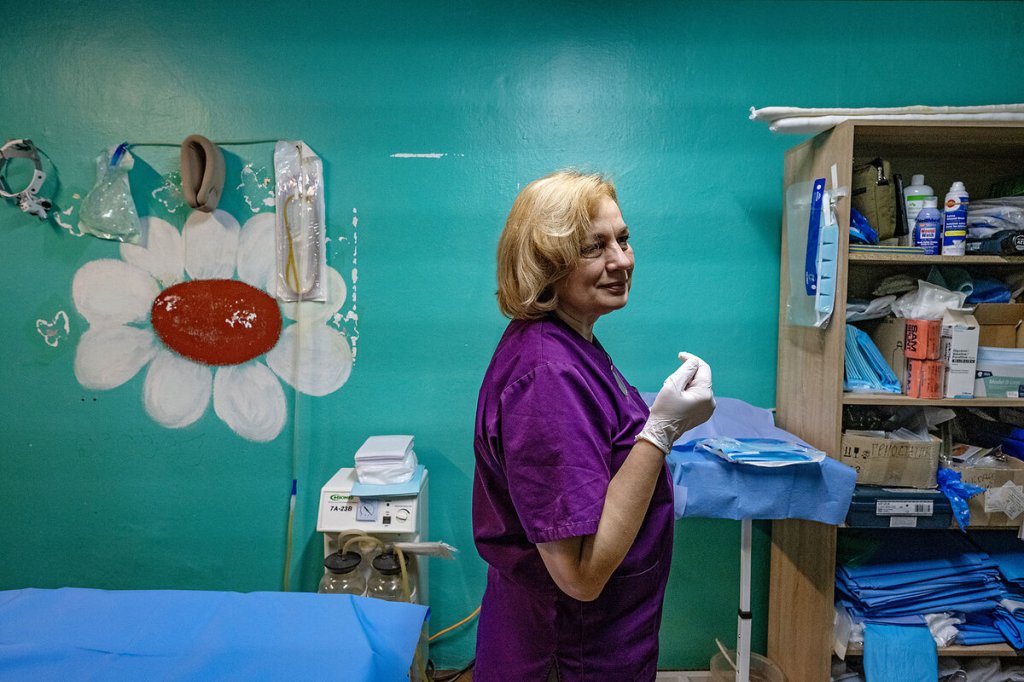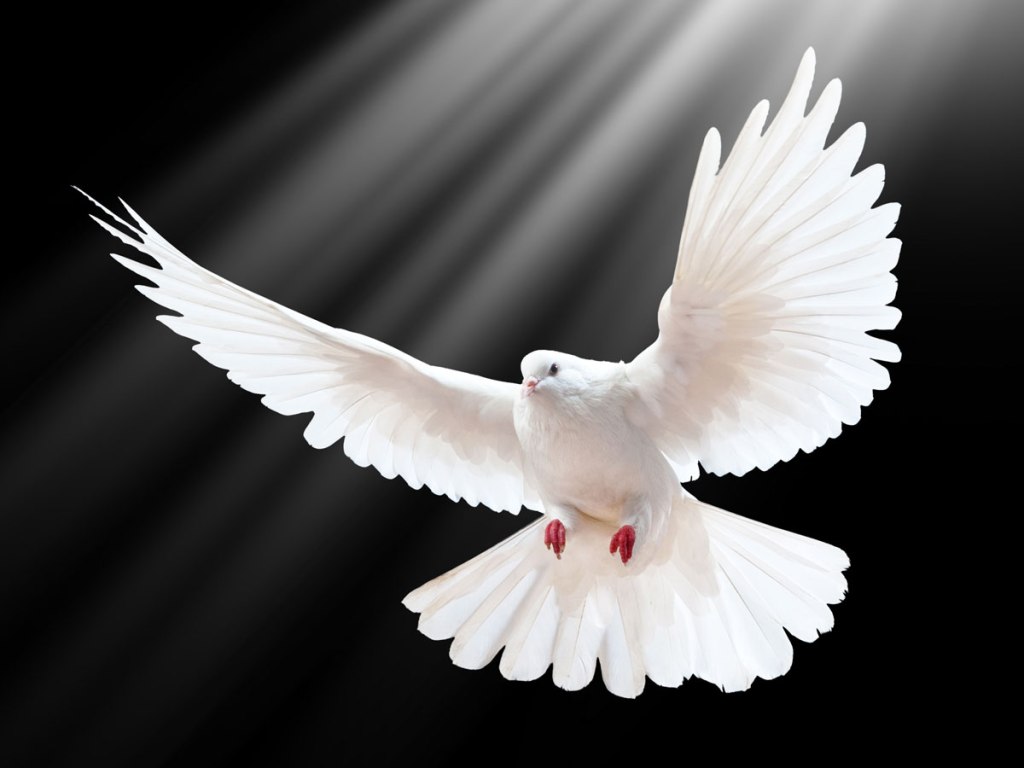
Photo: Scott Peterson/Getty Images/The Christian Science Monitor.
Ukrainian senior nurse Oksana Sokhan waits to treat wounded soldiers near the southern war front in Zaporizhzhia district, Ukraine, in February.
You don’t need to save the whole world. Just do something where you are. That is a bit of wisdom I heard on the radio last week from a woman who had served as a judge in Massachusetts. In her youth, she had fought apartheid in her home country when the battle seemed hopeless. But as we know, many hands together made a difference in South Africa.
Scott Peterson writes at the Christian Science Monitor about a nurse in Ukraine who is also making a difference.
“From all her years of caring for wounded soldiers, the Ukrainian nurse recounts one transcendent moment of comfort she provided early in this war that she says she’ll never forget. …
“Not long after Russia’s February 2022 invasion of Ukraine, Oksana Sokhan found herself in an evacuation minibus, wedged between two stricken soldiers in the dark, as the vehicle tried to safely get away from the front line.
“The wounded men were agitated and anxious, disoriented and determined to get up and move. Ms. Sokhan had no sedatives – but she had within her the key to calming them. She began singing Ukrainian lullabies to the wounded fighters, and stroking them as a mother would. Their anxiety eased. If she stopped the soothing singing for a moment, she saw their anxiety surge again.
“ ‘I was surprised myself that it worked – surely it worked on a subconscious level for both of them. … I didn’t know what else to do; we didn’t have any medicine.’ …
“Ms. Sokhan may be just one senior nurse, but she is emblematic of the legions of Ukrainian military medics devoted to preserving the lives of the country’s outnumbered forces. …
“Ukraine’s liberation of Kherson in September 2022, for example, and the monthslong grinding fight for Bakhmut late last year pushed Ms. Sokhan and her colleagues to the limit. During both campaigns, the medical teams regularly saw 100 casualties come through their doors daily. …
“ ‘Everyone here, we all live for one day. If we survive today, it’s good,’ she says. ‘I’ve learned not to not build plans.’ …
“Ms. Sokhan never expected to be a front-line nurse in Russia’s war, either. … She was a decade ago at the opposite end of the country, in the far west, taking care of people at a sprawling resort.
“When Russian troops invaded Ukrainian Crimea in 2014, she recounts, her daughter and son-in-law, who were on the peninsula to ‘live close to the sea,’ called her in alarm. They told her the Russians had issued an ultimatum: Take Russian passports and denounce Ukraine, or leave. … They moved back to their hometown of Lysychansk, but within a month, Russian and pro-Russian proxies were there, too, seizing control. The family had to walk more than 4 miles, with a 4-year-old and all the belongings they could carry, before fleeing west.
“ ‘I got very angry,’ recalls Ms. Sokhan. ‘I quit that job and went to the military office to sign up for the army.’ …
“Ms. Sokhan focuses on doing what she can to contribute to the well-being of Ukraine’s wounded soldiers.
“ ‘We want to save everyone,’ she says. … ‘What’s uplifting and inspiring are our guys, people who come here wounded, who are cold and hungry and dirty,’ says Ms. Sokhan. ‘But all they say is, “Doc, quickly get me fixed up; I’ve got to get back to my guys.” ‘ “
More at the Monitor, here.

